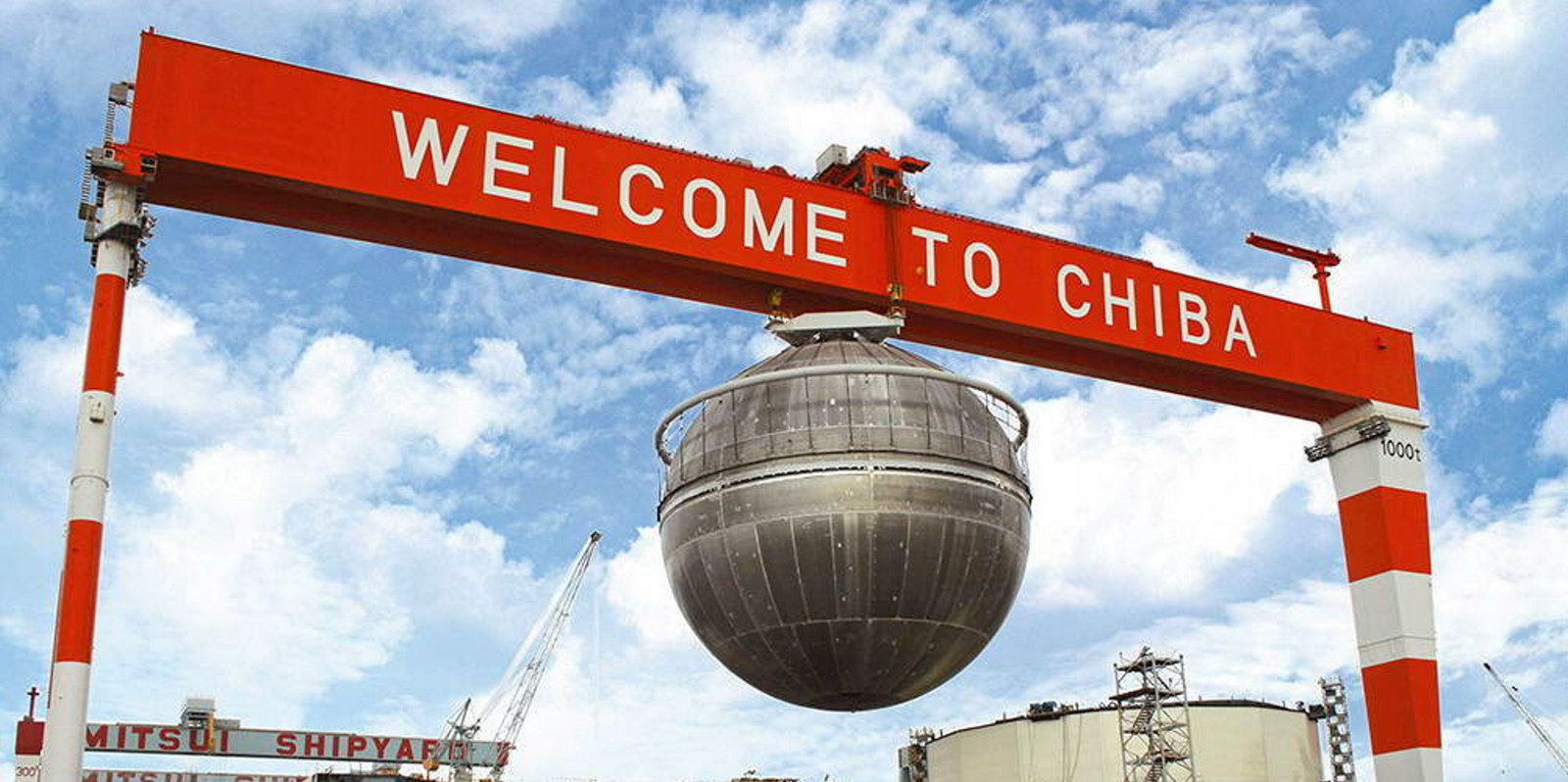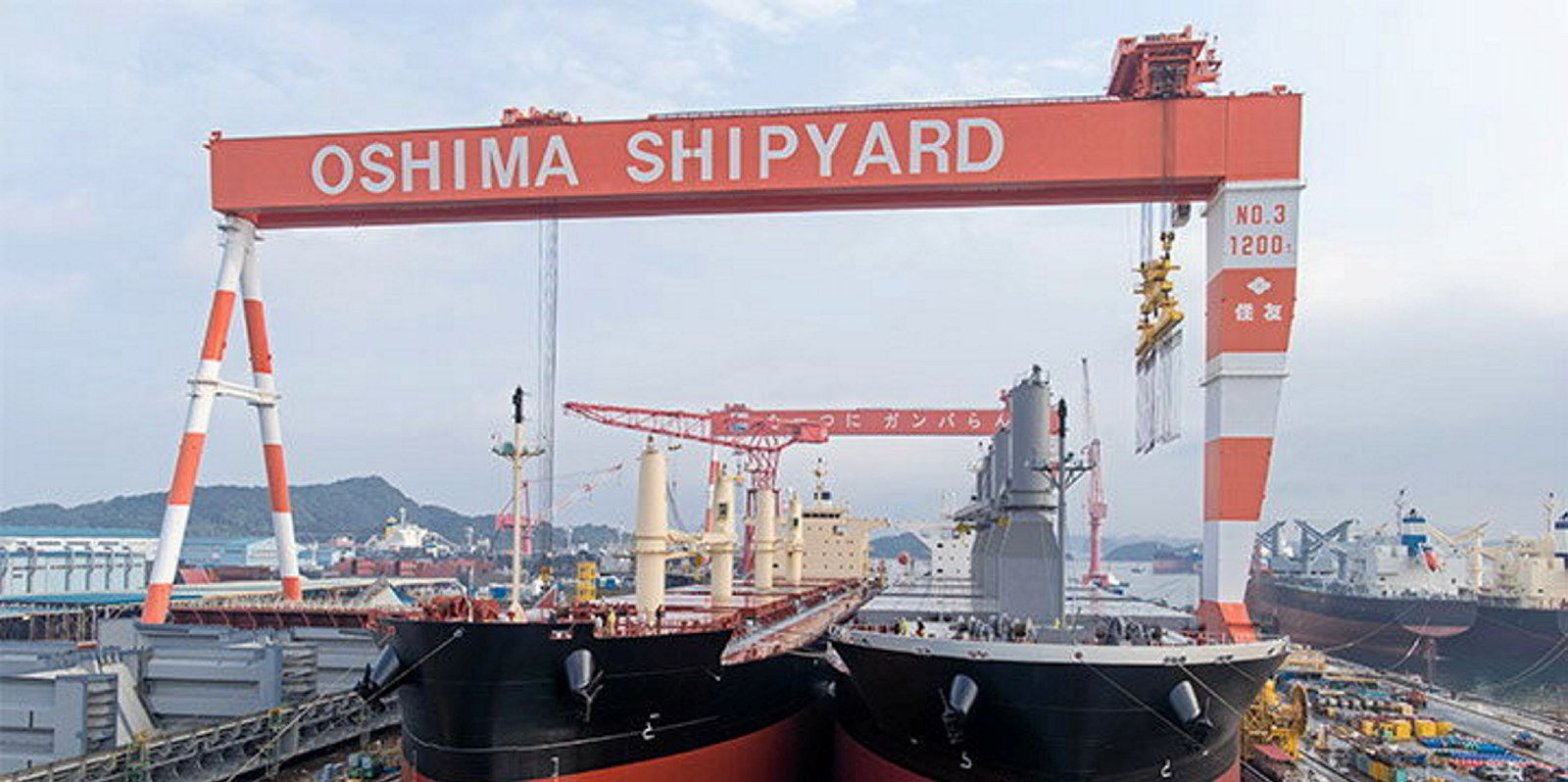Japan’s shipbuilders are sitting pretty on a near three-year order backlog — but they continue to lose capacity and ground against their major rivals.
A strong US dollar and plenty of ship finance from Japan’s regional banking sector have helped them grow a national orderbook of 22m gt, with deliveries extending well into 2027, according to the Japan Ship Exporters’ Association.
But that backlog is much lower than it has been in the past, far-reaching consolidation has significantly reduced yard capacity and those that remain are now operating at much lower production levels.
Former giants such as Mitsubishi Shipbuilding, Mitsui Engineering & Shipbuilding and Sasebo Heavy Industries have withdrawn facilities from the commercial market in recent years.
Oshima Shipbuilding, which acquired the Koyagi yard from Mitsubishi last year, has not yet used the facility — one of Japan’s largest dry docks — to its full capacity. Despite plenty of demand for bulk carriers, in which it specialises, Oshima is keeping space available for offshore work.
The downside to these cutbacks is that Japan is losing further ground on its South Korean and Chinese rivals.
Figures from Clarksons suggest that Japan’s market share has slumped to just 10% of the world orderbook on a cgt basis, compared with 33% for South Korea and 55% for China.
The nation continues to rank as the world’s third-largest shipbuilder, but Europe is not far behind, accounting for 7% of the global orderbook, according to Clarksons’ figures.

Despite this, consolidation does appear to be making some yard groupings more competitive.
In perhaps the most successful example, the country’s two largest shipbuilders — Imabari Shipbuilding and Japan Marine United (JMU) — have formed a commercial alliance under joint venture company Nihon Shipyard.
The collaborative outfit has won a series of suezmax orders despite the fact Japan was not thought to be competitive in the large tanker sector this year. JMU will build eight such vessels for clients, including Zodiac Maritime, Alberta Shipmanagement, Kyklades Maritime and Advantage Tankers.
Nihon has also become a leading shipbuilder in the container ship sector, which had been dominated by its Japanese and Chinese rivals.
Zero emissions
Japan’s shipbuilders continue to look at cooperation as the way forward for an industry gearing up to build low and zero-emission ships.
Imabari has also moved into acquiring a major stake in the marine engine manufacturing business of Hitachi Zosen.
The joint venture move is aimed at securing a supply of marine engines and has the growth of alternative fuels in mind.
A separate collaboration has been signed with Mitsubishi on providing technical, engineering and design support to Nihon on the construction of alternative fuel ships.





